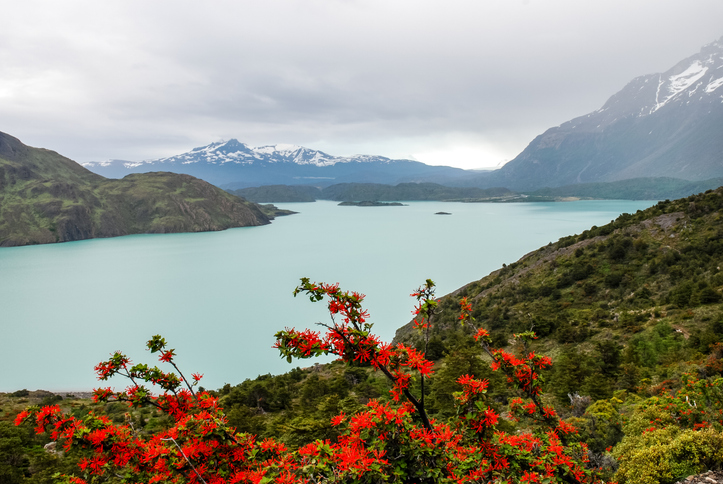
A First Nations lawmaker in Ontario, Canada, has addressed the province’s legislature in Anishininiimowin, in a move that repudiates a centuries-long colonial “war” on Indigenous languages.
Sol Mamakwa, a New Democratic Party member from the community of Kingfisher Lake First Nation, gave the province’s first-ever Indigenous-language speech in Queen’s Park, adding that the “historic” milestone made him feel “thankful and proud.”
Before speaking, Mamakwa asked for the unanimous consent of the house to speak at length in Anishininiimowin, also known as Oji-Cree, receiving applause from lawmakers in response.
“I am speaking for those who couldn’t use their language… and for every Indigenous person in Ontario,” he said. “The language was taken from us by the arrival of the settlers, colonization, and residential school. This history removed the children from our ways of life.” He added that children had their mouths washed out with soap for speaking their mother tongue.
Decades of hostile government policies, including the forcible removal of Indigenous children from their families and a system of residential schools, stripped many peoples of their cultures and, by extension, their languages.
The historic moment follows a decision by Ontario’s government house leader, Paul Calandra, to amend a standing order that previously required lawmakers to use either English or French. Members are now allowed to use an “Indigenous language spoken in Canada” when addressing the speaker or chamber. When Mamakwa spoke, simultaneous translation was available in English and French.
More than two dozen members of Kingfisher Lake First Nation traveled to Toronto to witness the event, standing alongside Indigenous political leaders from across the province.
Although nearly two million Canadians identify as Indigenous, only 260,000 can speak an Indigenous language, a government committee found. And of the 58 distinct Indigenous languages spoken throughout the country, a growing number are at risk of disappearing.
While Cree, Ojibwe, and Inuktitut have relatively large numbers of speakers, others are on the brink of extinction: the Sechelt language, historically spoken in what is now British Columbia, has just four native speakers. In the region of Haida Gwaii, the youngest native Haida speaker is in her 70s.
Mamakwa’s mother, Kezia, who does not speak English, was also in attendance on Tuesday. She was recognized with a standing ovation from lawmakers, and after Mamakwa noted she was celebrating her 79th birthday, the legislature broke into song.
“She used to take me out into the wilderness and onto the land, teaching me the language. That’s why I’m able to speak my First Nations language,” said Mamakwa.
He also acknowledged the influence of his late father, Jerry. “He’s hearing us today,” he said, holding up an eagle feather. But Mamakwa, who represents the vast, Indigenous-majority electoral district of Kiiwetinoong, said a recent meeting with an elder revealed he is slowly losing his command of Anishininiimowin, hastening the need for more official use of the language.
“When we speak our own language, it’s like we’re one with the land. There is a strength in speaking our language—it’s like a healing medicine,” he said.
After his speech, ministers from the governing Progressive Conservative Party crossed the aisle to congratulate and embrace Mamakwa, as did the Ontario premier, Doug Ford.
“I’m proud of you,” Ford told Mamakwa before embracing the lawmaker.
Mamakwa also led the opening to the question period, asking in Anishininiimowin about funding for health care beds for elderly residents in his community.
In Canada’s Parliament, a 2019 rule change allowed lawmakers to address colleagues in an Indigenous language. They must give two days’ notice to request translation. Mamakwa said he was “praying” that other provincial legislatures would adopt Ontario’s rules to allow Indigenous languages to be spoken. “This is a healing moment,” he said. “It overwhelms my heart.”






